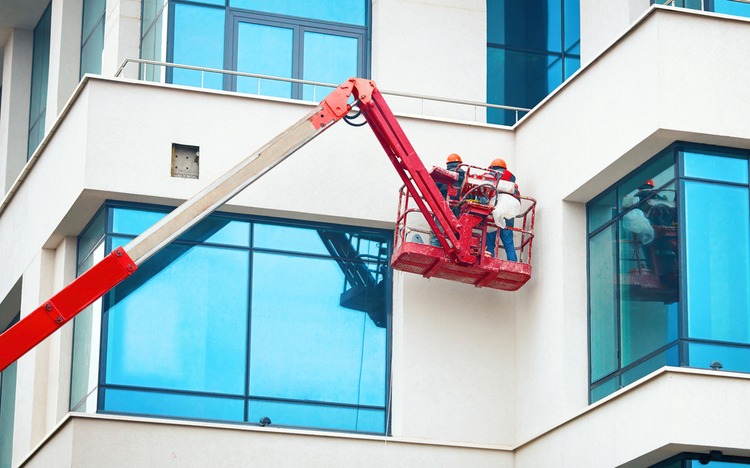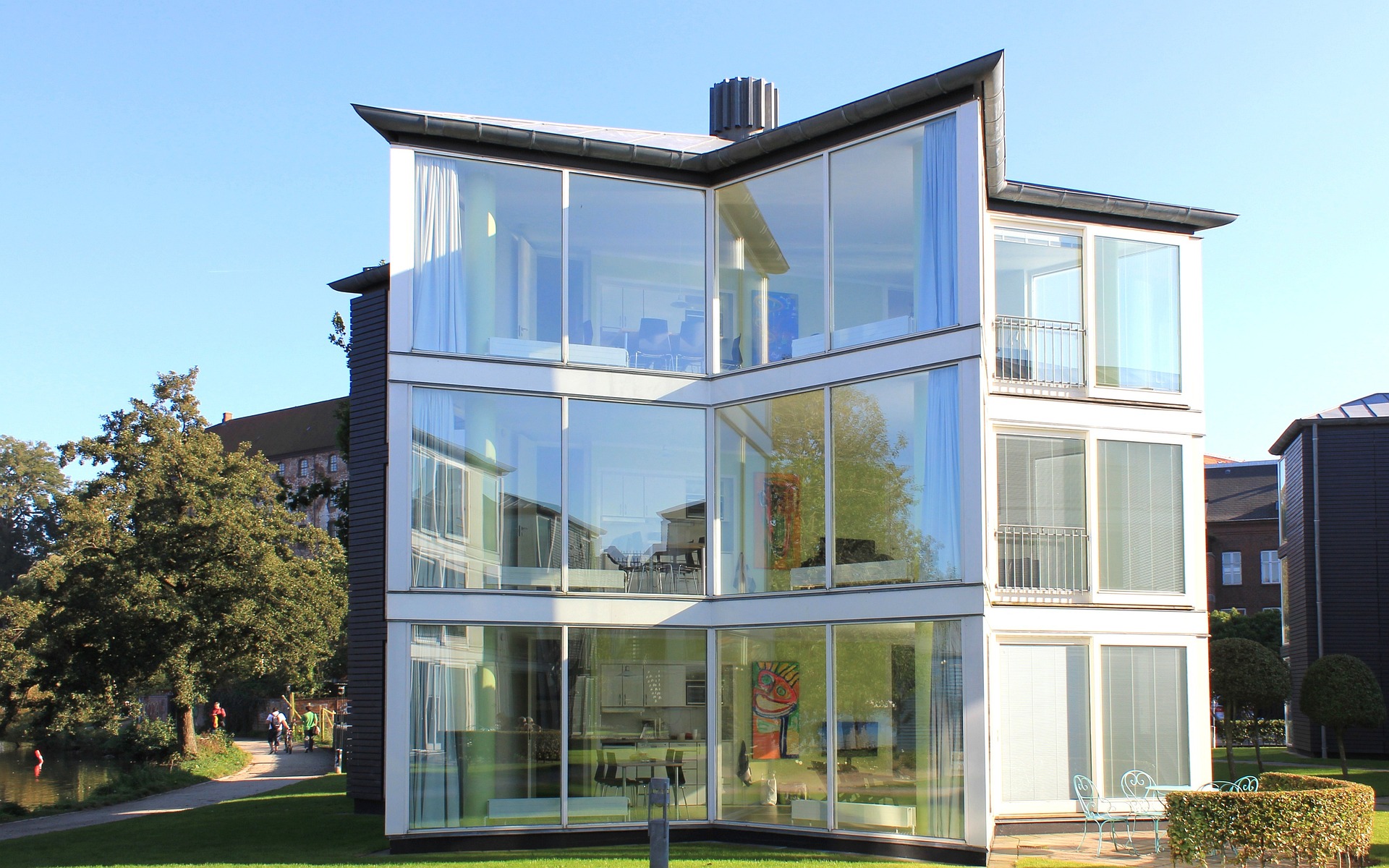Mastering Construction and Contracting: From Bookkeeping to Demolition
In the construction and contracting world, a myriad of specialized services work together to ensure projects are completed efficiently, safely, and on budget. Whether you're planning a commercial renovation or a house demolition, understanding these services will help you navigate the construction landscape more effectively. This guide delves into critical areas such as construction bookkeeping, demolition, and various contracting services.

What are the key components of construction services?
Construction services encompass a wide range of activities, from initial planning and design to project completion and post-construction maintenance. Key components include site preparation, foundation work, framing, electrical and plumbing installations, roofing, and finishing work. Specialized services like demolition, excavation, and environmental remediation also play crucial roles in many projects. Understanding these components is essential for navigating construction services effectively and ensuring project success.
How does specialized construction bookkeeping differ from standard accounting?
Specialized construction bookkeeping is tailored to the unique financial challenges of the construction industry. Unlike standard accounting, it deals with project-specific costs, progress billings, retention, and change orders. Construction bookkeepers must track costs by job, manage complex payroll systems for workers across multiple sites, and handle long-term contracts that may span several accounting periods. This specialized approach forms the financial foundations for projects, ensuring accurate cost tracking and profitability analysis.
What are the essential steps in planning a demolition project?
Precision planning in demolition is crucial for safety, efficiency, and compliance with local regulations. The process typically begins with a thorough site assessment and hazardous material survey. Next, engineers develop a detailed demolition plan, considering factors such as building structure, surrounding properties, and environmental impact. Obtaining necessary permits, arranging for utility disconnections, and implementing safety measures are also critical steps. Finally, the actual demolition is executed using methods ranging from manual deconstruction to controlled explosions, depending on the project’s scale and complexity.
How can contractors improve their efficiency and productivity?
Contracting efficiency essentials include adopting modern project management tools, implementing lean construction principles, and leveraging technology. Contractors can streamline operations by using cloud-based software for scheduling, document management, and team communication. Building Information Modeling (BIM) can enhance collaboration and reduce errors. Prefabrication and modular construction techniques can significantly reduce on-site labor and project timelines. Regular training and upskilling of workers, along with effective resource allocation, are also key to improving overall productivity in construction projects.
What are the latest trends in sustainable construction practices?
Sustainable construction is gaining momentum in Australia, driven by environmental concerns and regulatory requirements. Green building certifications like Green Star and NABERS are becoming increasingly important. Trends include the use of recycled and low-impact materials, energy-efficient design incorporating passive solar principles, and water conservation systems. On-site renewable energy generation, such as solar panels and geothermal systems, is also becoming more common. Additionally, there’s a growing focus on creating healthier indoor environments through improved ventilation and non-toxic materials.
How do construction services vary across different Australian regions?
Construction services in Australia can vary significantly depending on the region due to differences in climate, terrain, and local regulations. In tropical northern areas like Queensland, services often focus on cyclone-resistant construction and corrosion-resistant materials. In arid regions, there’s a greater emphasis on water-efficient design and heat-resistant building techniques. Urban areas like Sydney and Melbourne may have stricter heritage preservation requirements, affecting renovation and demolition services. Remote areas in Western Australia or the Northern Territory often require specialized logistics for material transport and may rely more heavily on prefabrication techniques.
| Service Type | Provider | Key Features |
|---|---|---|
| General Contracting | Lendlease | Large-scale commercial and infrastructure projects, sustainable building practices |
| Demolition | Liberty Industrial | Specializes in complex and high-risk demolition, recycling and remediation services |
| Construction Bookkeeping | Construction Accounting Australia | Industry-specific software integration, project cost management |
| Sustainable Building | Mirvac | Green Star-certified developments, focus on energy efficiency and wellness |
| Civil Engineering | John Holland | Major infrastructure projects, tunneling expertise, rail construction |
In conclusion, mastering construction and contracting requires a comprehensive understanding of various specialized services, from the financial intricacies of construction bookkeeping to the technical challenges of demolition and sustainable building practices. By staying informed about industry trends and leveraging the expertise of specialized service providers, project managers and property owners can navigate the complex world of construction more effectively, ensuring successful project outcomes.




